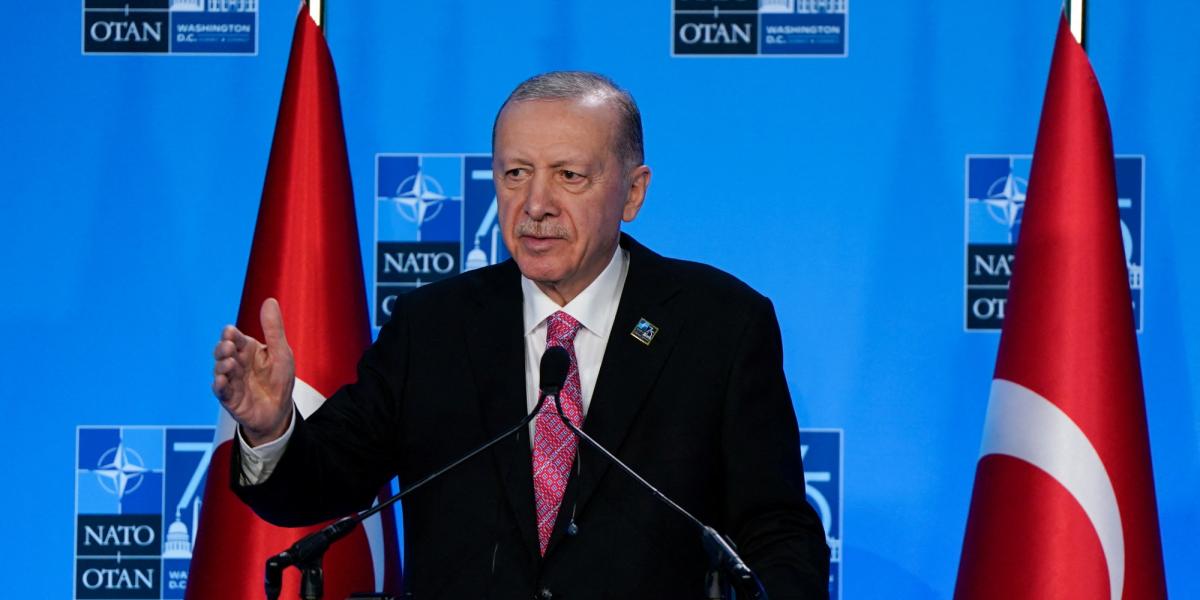Mystery Detention of Minnesota Student by ICE Under Scrutiny
The ICE detention of a University of Minnesota graduate student raises alarm among state leaders and the academic community, with calls for clarity on immigration practices.
Published March 31, 2025 - 00:03am

Image recovered from newsday.com
The sudden detention of an international graduate student from the University of Minnesota by U.S. Immigration and Customs Enforcement (ICE) has sparked widespread concern and questions about immigration enforcement practices. Minnesota officials, including Governor Tim Walz and Senator Amy Klobuchar, are seeking transparent answers from federal authorities regarding the circumstances surrounding the student's detainment.
The student, whose identity and nationality remain undisclosed, was taken into custody at an off-campus residence, a move that surprised both university officials and local government leaders. While the reasons for the detention remain unclear, the university has affirmed its commitment to supporting the student with legal assistance and other necessary services. Given the lack of prior notice to the university, the case has kindled fears among the global student community at the institution.
The detention is seen as part of a broader trend that coincides with the Trump administration's immigration crackdown, which reportedly targets individuals associated with American colleges and universities. The administration has invoked statutes permitting visa revocations for those deemed threats to foreign policy interests. This policy interpretation has stirred apprehension, especially among students vocal about international political issues, including support for Palestinian causes. Recent arrests have spotlighted these actions, raising alarms among civil rights advocates and academic leaders who question the due process afforded to international students.
Senator Amy Klobuchar expressed in a message on the social media platform X that her office is actively engaged with university authorities to draw light on this 'concerning case.' Similarly, Governor Walz has reached out to federal agencies demanding clarity, asserting the university's role as a crucial center of education and research that regularly hosts students from around the globe.
The University of Minnesota's response has been both determined and proactive. In a public statement, university President Rebecca Cunningham highlighted the institution's policy of not collaborating with federal immigration enforcement, stressing the educational setting's sanctity from immigration oversight. University leaders are amplifying their call for federal transparency in handling such sensitive situations, pointing out the psychological and academic risks these incidents pose to thousands of international students.
The academic community has rallied in response. The University of Minnesota Graduate Labor Union-United Electrical Local 1105 organized protests, underscoring their stance that each student's safety and rights are interconnected with the collective strength of the student body. These voices lament a pattern where educational environments are encroached upon by immigration authorities without collegiate collaboration.
In similar vein, Minneapolis Mayor Jacob Frey termed the detention 'deeply troubling,' emphasizing that academic institutions should remain havens of learning devoid of concerns about enforcement actions. The sentiment resonates throughout the region, with public figures and grassroots organizations uniting to demand equitable treatment for students navigating educational pursuits under precarious immigration circumstances.
This series of events underscores the expansive conversations about immigrant rights, academic freedom, and the legality of enforcing immigration laws on university grounds. While ICE has remained silent on the specifics of the student's detention, the cascading dissent and concern from state leaders and community advocates have spotlighted the case nationally. As investigations and discussions evolve, questions of due process, student privacy, and institutional autonomy continue to dominate the narratives steadfastly reshaping immigration policy dialogues in educational contexts.






